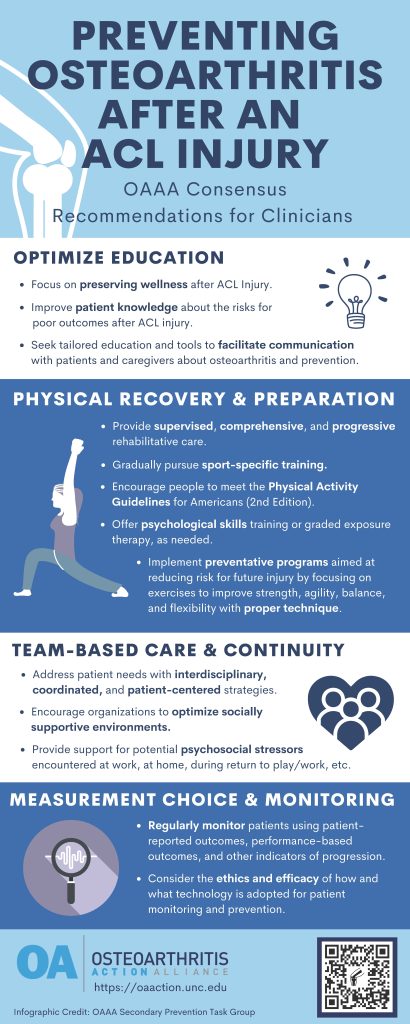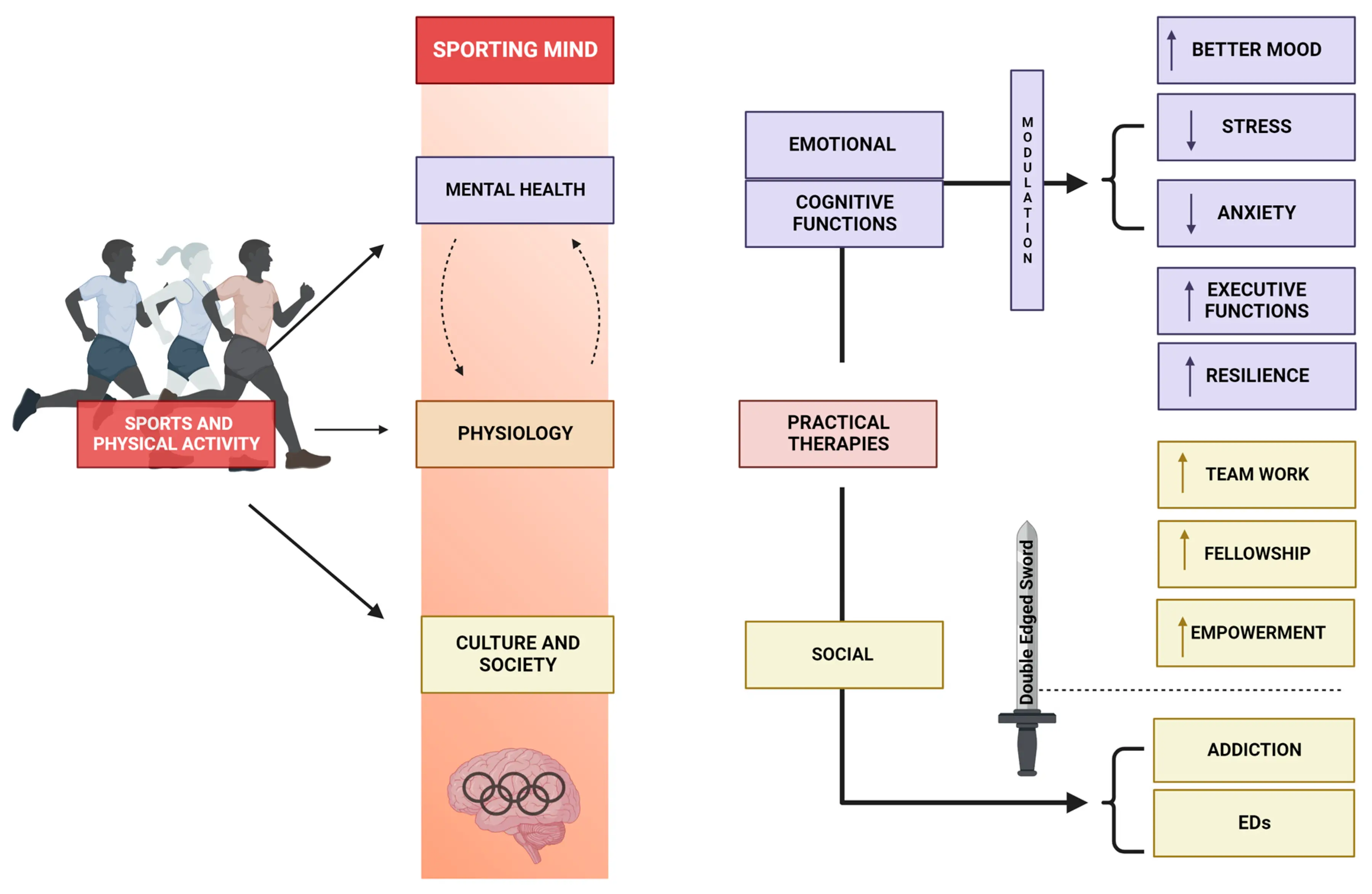As an Amazon Associate, I earn from qualifying purchases.
Engaging in sports activities can have a profound impact on an individual’s psychological well-being. The benefits of regular participation in sports extend far beyond physical fitness and skill development. In fact, numerous studies have shown that sports can have a positive influence on mental health, emotional well-being, and overall psychological functioning. Let’s delve into the potential psychological outcomes of regularly playing sports.
Boost in Self-Esteem and Confidence
One of the most significant psychological outcomes of playing sports is the boost in self-esteem and confidence. When individuals participate in sports, they experience a sense of accomplishment and mastery as they develop their skills and contribute to the success of their team. This can lead to increased self-confidence, both on and off the field.
Furthermore, the positive feedback and support received from coaches, teammates, and spectators can further enhance an individual’s self-worth and self-belief. This can translate into improved self-esteem and a more positive self-image, which are essential components of good mental health.

Credit: oaaction.unc.edu
Stress Reduction and Emotional Regulation
Regularly engaging in sports can also serve as a powerful stress-reducer. Physical activity triggers the release of endorphins, the body’s natural mood enhancers, which can help alleviate feelings of stress and anxiety. Additionally, the focus and concentration required during sports activities can provide a temporary escape from daily worries and concerns, allowing individuals to clear their minds and recharge mentally.
Moreover, participation in sports can help individuals learn to regulate their emotions in high-pressure situations. Athletes often face challenging and competitive environments, which can teach them valuable skills in managing their emotions, staying focused, and maintaining composure under stress. These emotional regulation abilities cultivated through sports can be beneficial in various aspects of life, contributing to improved mental resilience and coping mechanisms.
Development of Discipline and Goal-Setting Skills
Sports participation fosters the development of discipline and goal-setting skills, which are essential for psychological well-being. Athletes learn the importance of regular practice, perseverance, and dedication to achieve their desired performance levels. This cultivation of discipline can translate into other areas of life, such as academics and professional pursuits, contributing to a strong work ethic and a sense of purpose.
Furthermore, the process of setting and working towards specific sports-related goals can instill a sense of motivation and drive in individuals. As they experience the satisfaction of reaching milestones and improving their performance, they develop a growth mindset and a belief in their ability to overcome challenges—a mindset that can positively influence their psychological resilience and outlook on life.
Enhanced Social Interaction and Community Connection
Participating in sports often involves being part of a team or a larger community of athletes. This fosters social interaction, camaraderie, and a sense of belonging, which are vital for psychological well-being. Being part of a team allows individuals to form strong bonds with teammates, coaches, and supporters, providing a valuable support network and a sense of community.
Moreover, the shared experiences and triumphs in sports can create lasting connections and friendships, contributing to a sense of social connectedness and overall life satisfaction. The social support and camaraderie experienced through sports can serve as a protective factor against feelings of loneliness and isolation, promoting positive mental health outcomes.

Credit: answers.childrenshospital.org
Improved Mental Resilience and Emotional Well-Being
Regularly playing sports can contribute to improved mental resilience and emotional well-being. The challenges and setbacks experienced in sports, such as defeat in a game or struggling to overcome personal performance barriers, provide individuals with opportunities to develop resilience and perseverance. These experiences can teach individuals to bounce back from adversity and develop a positive attitude towards failure, which are crucial psychological skills.
Additionally, the sense of accomplishment and fulfillment derived from sports participation can contribute to overall emotional well-being. The release of dopamine and serotonin during physical activity can enhance mood and create a sense of happiness and satisfaction. These positive emotions, coupled with the sense of achievement and personal growth from sports, can contribute to a more positive outlook on life and improved psychological well-being.
Frequently Asked Questions
What Are The Potential Psychological Benefits Of Playing Sports Regularly?
Regularly playing sports can have numerous positive psychological outcomes, such as improved self-esteem, reduced stress levels, and enhanced mood.
How Does Playing Sports Regularly Impact Mental Health?
Engaging in sports on a regular basis can greatly benefit mental health by reducing symptoms of anxiety and depression, promoting relaxation, and boosting overall well-being.
Can Playing Sports Improve Cognitive Function?
Yes, playing sports regularly has been shown to enhance cognitive function, including improved memory, concentration, and problem-solving skills.
Does Participating In Sports Help With Stress Management?
Absolutely! Regular participation in sports can serve as an effective stress management tool, helping to reduce stress levels and promote a sense of calm and relaxation.
Conclusion
In conclusion, regularly playing sports can have a multitude of positive psychological outcomes, ranging from increased self-esteem and stress reduction to enhanced social interaction and mental resilience. The holistic benefits of sports participation on mental health and well-being underscore the importance of integrating physical activity into daily life. By recognizing and harnessing the psychological impact of sports, individuals can not only improve their physical fitness but also nurture their mental and emotional health, leading to a more balanced and fulfilling lifestyle.
As an Amazon Associate, I earn from qualifying purchases.



